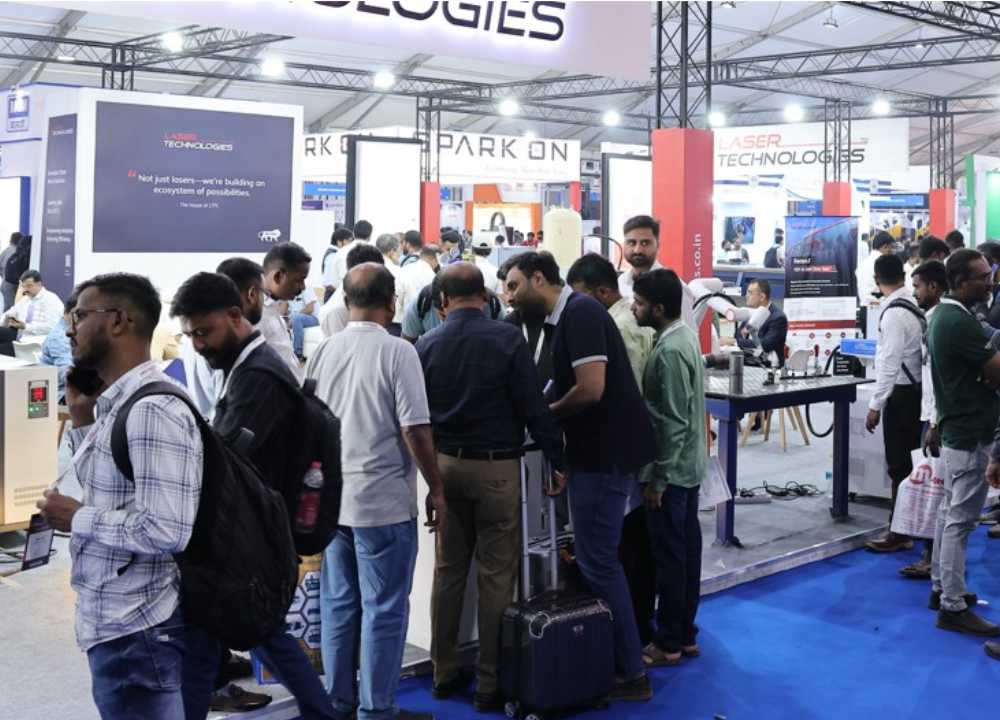Hyundai Motor Company has reported a 3.7% decline in global sales year-over-year, with a total of 343,824 vehicles sold in September 2024. Of this, 288,019 units were sold outside Korea, marking a 5% decrease compared to September 2023. In contrast, sales in Korea increased by 3.5%, reaching 55,805 units.
The automaker sold over 17,000 electric vehicles (EVs) worldwide in September, demonstrating its commitment to maintaining strong EV sales and solidifying its position in the global electrification market. To address business uncertainties, Hyundai is focusing on enhancing production and sales strategies to meet demand and adapt to regional market changes.
At the recent CEO Investor Day in Korea, Hyundai announced plans to improve profitability by diversifying its hybrid and EV offerings, including the introduction of the Inster, a new sub-compact EV, and the Ioniq models. The company will also work on refining its regional product mix and optimizing production, with an emphasis on increasing its portfolio of SUVs and luxury vehicles.
India: A Crucial Market for Growth
The Indian automotive market remains a vital contributor to Hyundai Motor Group, ranking as the second-best global market after South Korea. In the calendar year 2023, Hyundai Motor India achieved its highest-ever annual sales, delivering 602,111 units domestically. This accounted for 14.27% of Hyundai’s global sales, a slight increase from 14% in 2022. Data shows that Hyundai Motor India’s share of global sales has grown steadily, from 12% in 2018 to nearly 15% in the first nine months of 2024.
From January to September 2024, Hyundai Motor India delivered 459,407 passenger vehicles, reflecting a 1% year-over-year increase. India, now the world’s third-largest automotive market after China and the U.S., is experiencing a surge in demand for utility vehicles, especially SUVs. In FY2024, utility vehicles constituted 60% of the record 4.21 million passenger vehicles sold, totaling 2.52 million units.
Hyundai Motor India’s current lineup includes 10 models, featuring four cars (Grand i10 Nios, i20, Aura, and Verna) and six SUVs (Creta, Venue, Exter, Alcazar, Tucson, and Ioniq 5). The Creta midsize SUV and the newly launched Exter compact SUV are particularly driving demand. Hyundai’s growth in the SUV segment is evident, with sales of utility vehicles rising by 29% year-over-year to 388,725 units in FY2024.
Accelerating Future Growth with Expanded Capacity and New Models
To fend off competition from Tata Motors and Mahindra & Mahindra, Hyundai Motor India is intensifying its efforts to secure its market position and achieve further growth. The company’s existing manufacturing capacity of 830,000 units per year in Sriperumbudur, Tamil Nadu, is being stretched to meet increasing domestic and export demands. In January 2024, Hyundai completed the acquisition of General Motors’ plant in Talegaon, Maharashtra.
Hyundai plans to invest ₹6,000 crore in upgrading the Talegaon facility, which has a production capacity of 130,000 units. The first vehicle to be produced at this plant will be a new petrol-hybrid SUV positioned above the Alcazar in Hyundai’s lineup. Operations at the Talegaon plant are expected to commence in 2025, which will bring Hyundai’s total production capacity close to one million units, expanding to 1.07 million when the Pune facility is fully operational.
Additionally, it has announced a significant investment of ₹26,000 crore in Tamil Nadu over the next decade, focusing on new product development, especially EVs, and enhancing production capabilities. The Creta EV, the first of four upcoming EVs for India, is set for a global reveal and launch in January 2025, with production starting in December 2024.
As India’s passenger vehicle market is projected to surpass 7 million units by 2030, Hyundai Motor Group is accelerating its growth strategy the company plans to launch a massive ₹25,000 crore IPO, the largest in the Indian equity market since LIC, marking 28 years since the company commenced operations. Clearly, India is becoming increasingly important for this Korean automotive giant in its global strategy.








